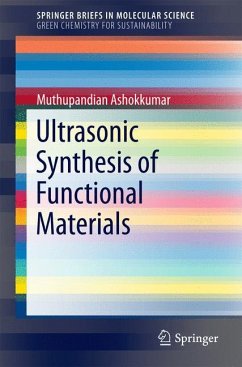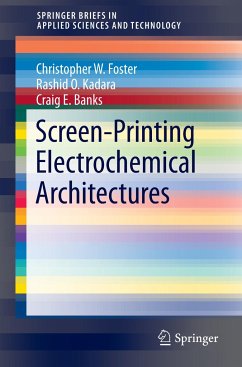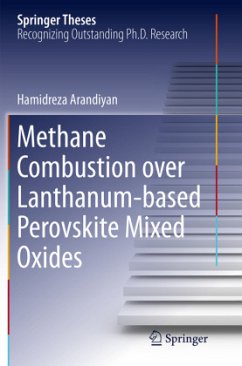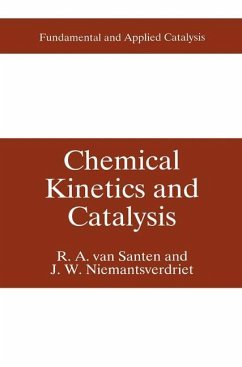
Heterogeneous Catalysis and its Industrial Applications
Versandkostenfrei!
Versandfertig in 6-10 Tagen
61,99 €
inkl. MwSt.
Weitere Ausgaben:

PAYBACK Punkte
31 °P sammeln!
This book aims to introduce the basic concepts involved in industrial catalytic processes. It is profusely illustrated with experimental results with the main objective of guiding how to select a suitable catalyst for specific processes. The book is divided in two parts. In the first part the basic concepts are addressed, regarding the existing theories, activity patterns and adsorption-desorption phenomena. In the second part the key experimental methods for the physicochemical characterization of catalysts are presented, as well as the currently used catalyst pre and post treatments. The las...
This book aims to introduce the basic concepts involved in industrial catalytic processes. It is profusely illustrated with experimental results with the main objective of guiding how to select a suitable catalyst for specific processes. The book is divided in two parts. In the first part the basic concepts are addressed, regarding the existing theories, activity patterns and adsorption-desorption phenomena. In the second part the key experimental methods for the physicochemical characterization of catalysts are presented, as well as the currently used catalyst pre and post treatments. The last chapter describes some important in situ characterization techniques (e.g. XPS and TEM) and surface model patterns related to surface modifications occurring during the reaction. Thoroughly illustrated with microscopy images, spectroscopy data and schematics of reaction mechanisms, the book provides a powerful learning tool for students in undergraduate and graduate level courses on the field of catalysis. Exercises and resolved problems are provided, as well as experimental procedures to support laboratory classes. Furthermore, the content is presented in a carefully chosen sequence, reflecting the 30 year teaching experience of the author. The author, Professor Martin Schmal, sees the present book as a way of conveying basic knowledge needed for the development of more efficient catalysts (i.e. nanostructured materials) and novel industrial chemical processes in the fields of environmental chemistry, fine chemistry, hydrotreating of heavy oils, hydrogen production and biomass processing.












